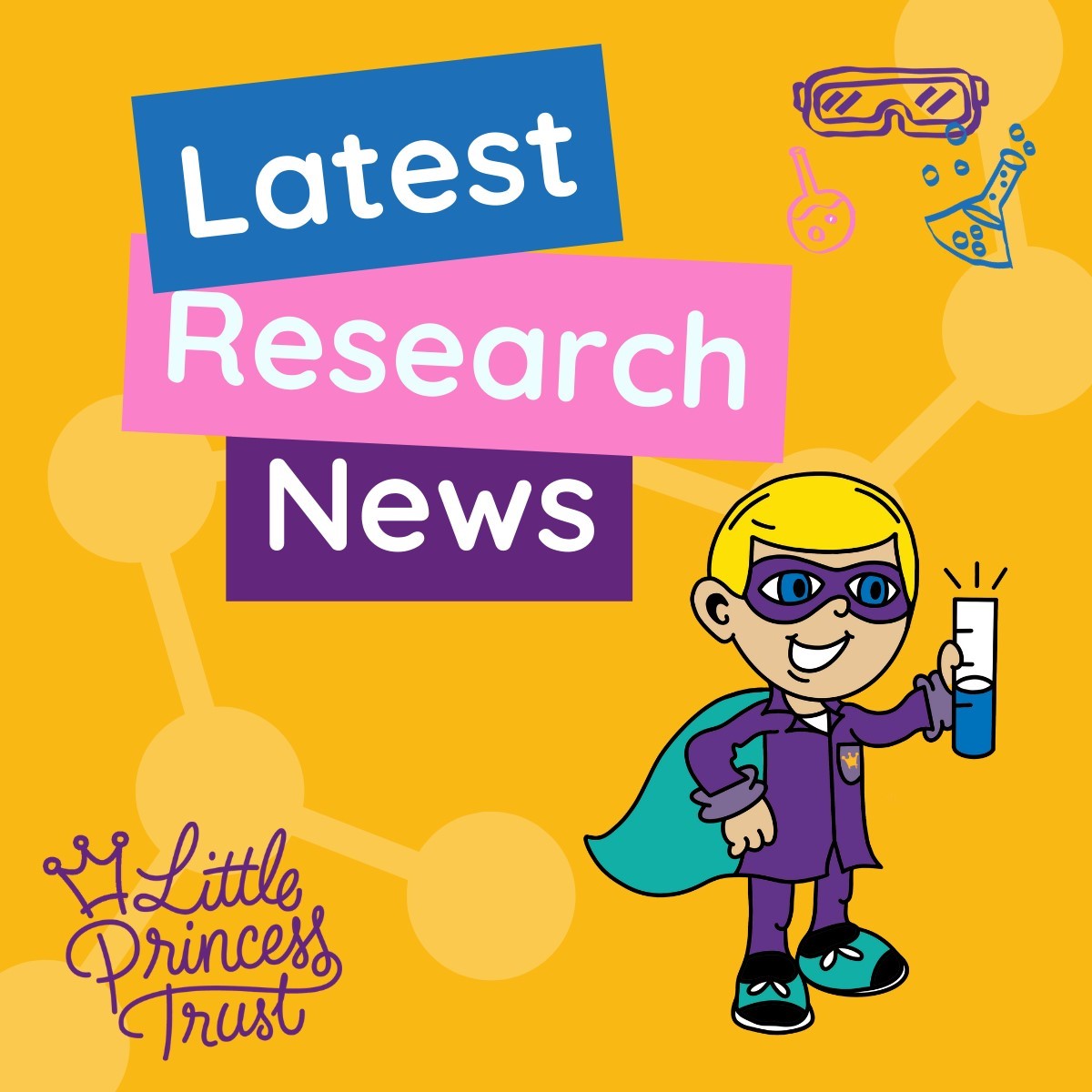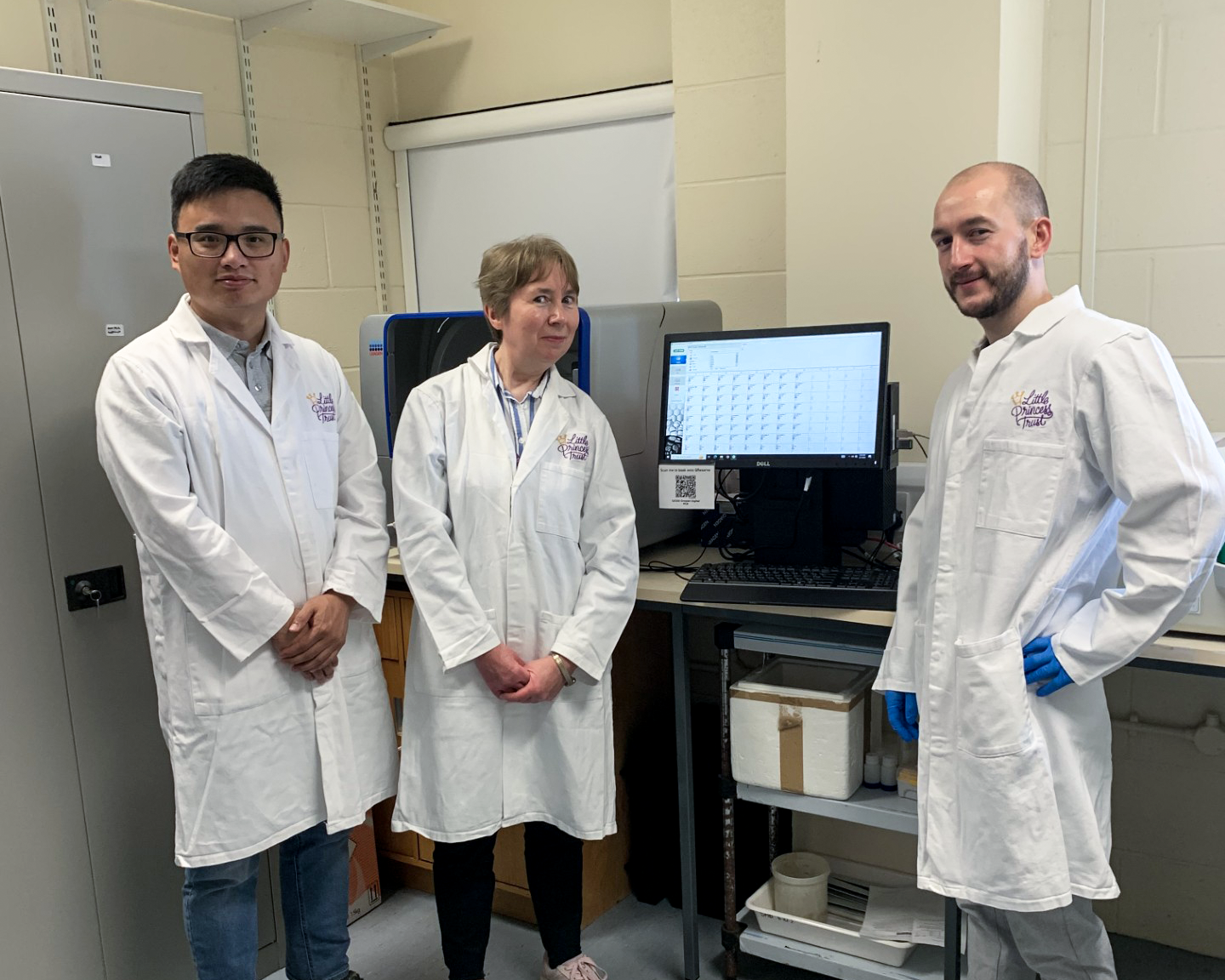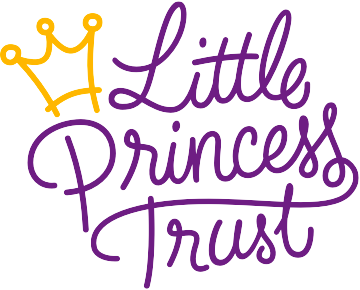Little Princess Trust News
A new way to detect childhood leukaemia relapse

A previously overlooked type of circular DNA may help explain why some children with leukaemia relapse, according to Little Princess Trust-funded research published today in Nature.
The new paper reveals for the first time that DNA fragments called 'excised signal circles' (ESCs) can persist in cancer cells and may drive relapse in patients with B-cell precursor acute lymphoblastic leukaemia (BCP-ALL).
Lead author Dr Joan Boyes from the University of Leeds explained: "It has been known for over 40 years that small circular chromosomes, known as 'double minutes', are present in many cancers in addition to normal chromosomes.
"A further type of circular DNA, known as ESCs, were thought to be lost soon after they form. But we discovered that ESCs replicate and persist, just like double minutes."

By tracking DNA patterns created when ESCs form, the researchers showed that the cells in which ESCs are present divide more frequently than other cancer cells. They also showed that ESCs trigger mutations in cancer-causing genes, which can help to explain why high ESC levels lead to worse cancer outcomes.
"We found, remarkably, that there are much higher levels of ESCs at diagnosis in many of the childhood leukaemia patients who are most likely to suffer relapse, compared to those who remain in remission," said Dr Boyes.
This discovery could provide an early warning system for those patients more likely to be at risk of relapse, potentially weeks earlier than current methods.
"Ultimately, this could help ensure that they are placed on the best treatments as soon as possible."
The Little Princess Trust contributed over £250,000 to support the early and continued stages of Dr Boyes' research.
Phil Brace, the CEO, said: "Discoveries like this really underline the importance of funding innovative research. Knowing that our support has helped uncover the inner workings of childhood leukaemia and potentially found a new way to predict relapse is very impactful and reinforces our commitment to funding research that changes lives."
Dr Boyes added: "We are extremely grateful to The Little Princess Trust, who funded this work from its earliest stages. Their continued funding enabled us to build on promising early experiments to expand the research further."
Without their support, in addition to that of the Harley Staples Cancer Trust, Blood Cancer UK, and the Wellcome Trust, none of this work would have been possible.



